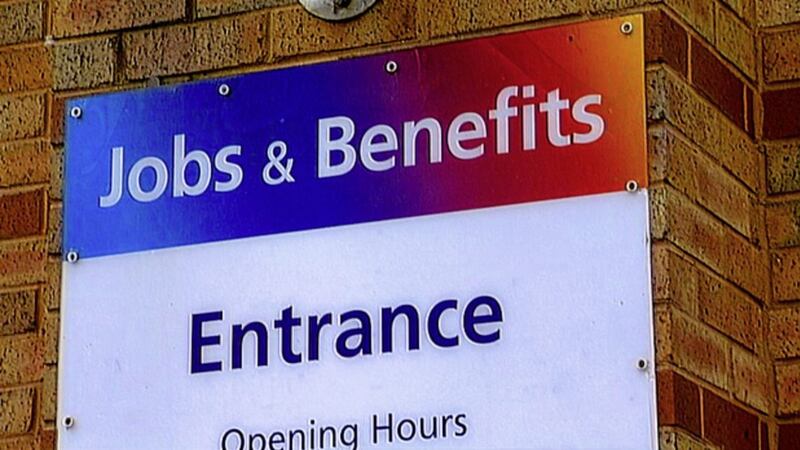NORTHERN Ireland recorded a record number of redundancies during June, while the average number of weekly hours worked also hit a record low.
July’s labour market report states that the Department for the Economy was notified of 2,473 proposed redundancies in June, the highest since comparable records began.
A further 745 redundancies were proposed in the first two weeks of July.
However, the report produced by the Northern Ireland Research and Statistics Agency (NISRA) said the number of unemployment claimants in the north fell by 1,200 to 63,100 in June.
Last month’s report revealed the claimant count soared from 29,700 in March to 65,200 in May.
READ MORE: NI job listings fell by 71 per cent in first month of lockdown
READ MORE: Number of workers furloughed in Northern Ireland passes 240,000
READ MORE: Nearly a third of UK firms plan to axe jobs in next three months
The claimant count includes jobseeker’s allowance claimants and those claimants of universal credit who were claiming principally for the reason of being unemployed.
According to HMRC, the median monthly wage in Northern Ireland fell 0.5 per cent to £1,688 in the three months to May 2020, and was down 1.2 per cent on the same period last year.
It’s the first decrease since 2015.
The average weekly hours worked for the three months to May was 27.4 hours, a drop of 6.5 hours (19 per cent) – another record low.
New data from HMRC on Wednesday revealed that the number of claimants under the UK Government’s furlough scheme in Northern Ireland increased by around 28,000 to 240,200 at the end of June.
While the fall in the claimant count was a surprise,the continued rise in the no. of unemployment claimants aged 16-24yrs of age was not. The only age-group to post a rise.13,960 claimants in this age bracket, up 580 m/m. >1 in 5 (22%) of NI’s unemployment claimants are under 25
— Richard Ramsey (@Ramseconomics) July 16, 2020






